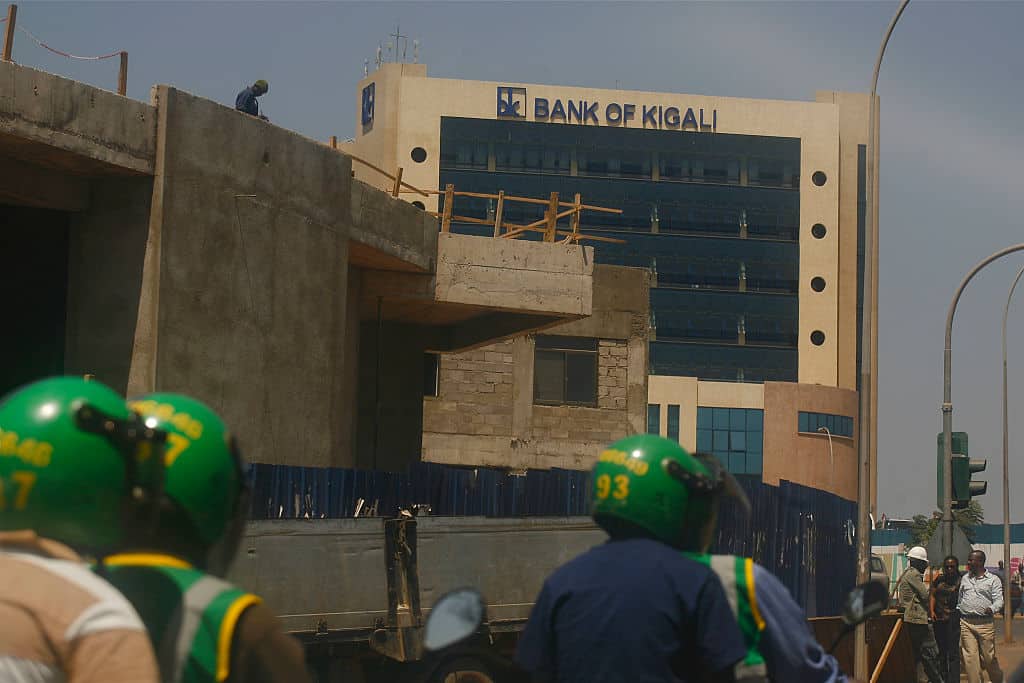Global rating agency Moody’s has upgraded Rwanda’s outlook to stable from negative, citing its positive assessment that the country’s effective institutions and credible policies have preserved and will continue to anchor the government’s credit profile in response to shocks.
“Moody’s expects the government’s commitment to fiscal consolidation and revenue enhancement to keep its debt burden on a stable to declining path,” the agency said in a statement released on September 8.
Moody’s expects Rwanda’s economic growth to remain strong and support debt sustainability, driven by large infrastructure investments such as the construction of Bugesera International Airport and robust activity in the tourism sector that is likely to continue.
Rwanda’s economy has been on a recovery path. The economy grew by 9.2% year-on-year in the first quarter of 2023, following 8.2% growth in 2022. The Composite Index of Economic Activity (CIEA), which signals where the economy is headed, grew by 6.3% in the second quarter of 2023.
Recovery is being driven by services and industry, which grew 13% and 9% in quarter one, respectively. In particular, transport, financial, and telecommunications services saw improved growth with air transport and telecommunications increasing 28% and 43%, respectively during the same period. Manufacturing and mining activities grew 16% and 15%, respectively.
On the other hand, the agriculture sector growth declined by 1% in Q1 2023 due to climate shocks such as floods the country has experienced, which has reduced agriculture output significantly and consequently increased food inflation in the country.
Moody’s, however, expressed confidence in its assessment that growing investments in infrastructure and a thriving tourism sector – tourism receipts increased 56% in the first half of 2023 to $247 million – will offset risks from climate shocks.
According to Moody’s, Rwanda’s effective institutions and credible policies, as demonstrated by the government’s management of successive shocks, have preserved and will continue to support fiscal and debt metrics and economic growth model, despite downside risks stemming from climate events.
As such, the credit rating agency expects the government’s fiscal deficit by the end of June 2024 to remain at similar levels to fiscal 2023, at around 6.5% of GDP, and narrowing slightly over the next few fiscal years largely consistent with the International Monetary Fund policy targets.
Moody’s affirms B2 rating
Moody’s also maintained its previous rating position of Rwanda’s creditworthiness, assigning the country B2, which implies that although the country has capacity to meet its financial and debt obligations, risks remain.
“The rating affirmation at B2 reflects Rwanda’s small and low-income economy that limits its shock absorption capacity, the government’s still high debt burden for the size of the economy and its income levels, and challenging regional geopolitics that can threaten longer-term development,” Moody’s said in a statement.
In Moody’s rating scale for sovereign debt, B2 falls within the “highly speculative” or “junk” category.
However, Moody’s said the credit challenges are balanced against Rwanda’s high growth potential, the country’s relatively solid institutions and governance compared to peers, and continued strong development partner support that maintains its access to external concessional financing.
